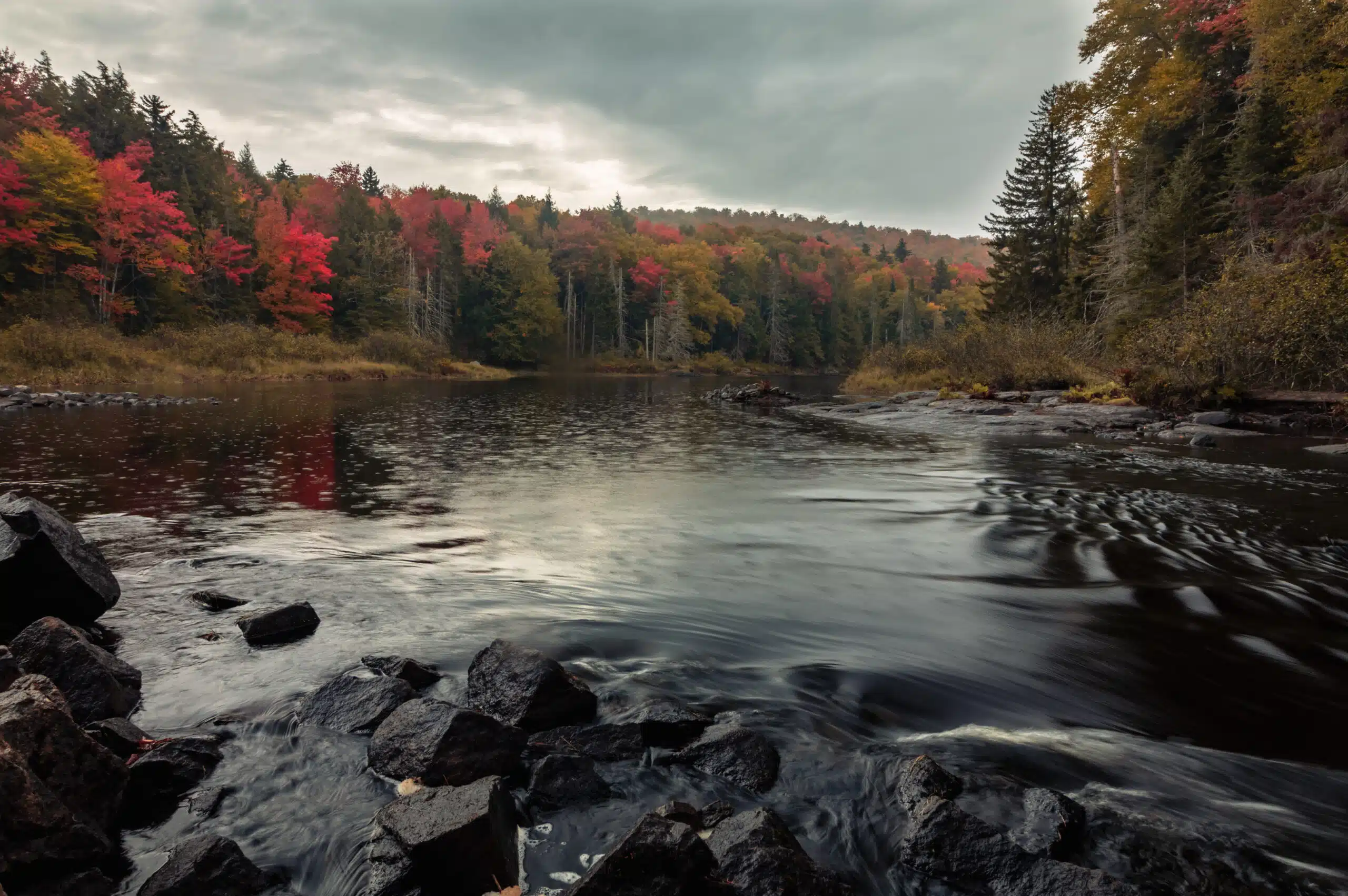New York has allocated $9.3 million towards the preservation of more than 14,600 acres of untouched wilderness within the Adirondack Park, as per a Syracuse report.
Governor Kathy Hochul, in collaboration with The Nature Conservancy, announced the initiative, which aims to establish two conservation easements and a research consortium dedicated to the ecological and recreational enhancement of the region.
The strategic conservation effort targets land primarily in Harrietstown, extending into Tupper Lake, areas known for their natural beauty and ecological significance. The Nature Conservancy, which acquired the parcel for $16 million in 2008, will retain title to the land, ensuring its protection and the implementation of the conservation easements.
The first of these easements will provide public access to the Raquette River corridor, opening up 6,000 acres for non-motorized recreational activities such as hiking, camping, fishing, and hunting. This initiative not only preserves the natural landscape but also enriches New York’s outdoor recreation industry by making previously inaccessible areas available for public enjoyment.
Adjacent to the DEC’s High Peaks Wilderness Complex, the Raquette River easement enhances the connectivity of protected areas, contributing to the biodiversity and ecological integrity of the Adirondacks. It also forms part of the Northern Forest Canoe Trail and a significant canoe route, offering new opportunities for water-based recreation and fishing in pristine waters.
The second easement focuses on Follensby Pond, encompassing 8,660 acres around a deep lake that supports rare, cold-water fish species. This area will primarily serve scientific and cultural purposes, with limited public access to ensure the preservation of its delicate ecosystems. The research consortium, involving DEC, SUNY College of Environmental Science and Forestry, Cornell University, and the U.S. Fish and Wildlife Service, will study the watershed, aiming to understand and mitigate the impacts of climate change on freshwater ecosystems.
This conservation effort is not only a win for environmental protection but also bolsters the state’s outdoor recreation industry by expanding access to unique natural areas for education, research, and recreation. By inviting public participation through guided visits for educational, scientific, and cultural purposes, the initiative fosters a deeper connection between New Yorkers and their natural heritage.
The collaboration with SUNY ESF’s Center for Native Peoples and the Environment to incorporate Indigenous knowledge and priorities in managing the Follensby Pond preserve is a testament to the inclusive approach of this conservation effort. This initiative recognizes the importance of integrating traditional practices and cultural heritage into contemporary conservation strategies.
Follensby Pond’s historical significance as the site of Ralph Waldo Emerson’s ‘Philosopher’s Camp’ further underscores the cultural and intellectual value of preserving these lands. This connection to the American conservation movement adds a layer of historical importance to the environmental and recreational benefits of the project.
The agreement strikes a balance between conservation and recreation, as noted by New York State Department of Environmental Conservation Commissioner Basil Seggos. It aims to protect critically important ecosystems that have remained largely untouched for nearly a century, ensuring their preservation for future generations.
As these easements move towards closure in early 2024, the initiative represents a significant investment in the sustainability and accessibility of New York’s natural resources. It highlights the state’s commitment to environmental stewardship and the enhancement of outdoor recreational opportunities, contributing to the health, well-being, and economic vitality of the region.
This conservation project not only safeguards vital ecosystems but also enhances New York’s position as a leader in outdoor recreation and environmental conservation. By expanding public access to these pristine areas, the state fosters a culture of appreciation for natural beauty and ecological responsibility, ensuring that the Adirondacks remain a cherished destination for outdoor enthusiasts for generations to come.


